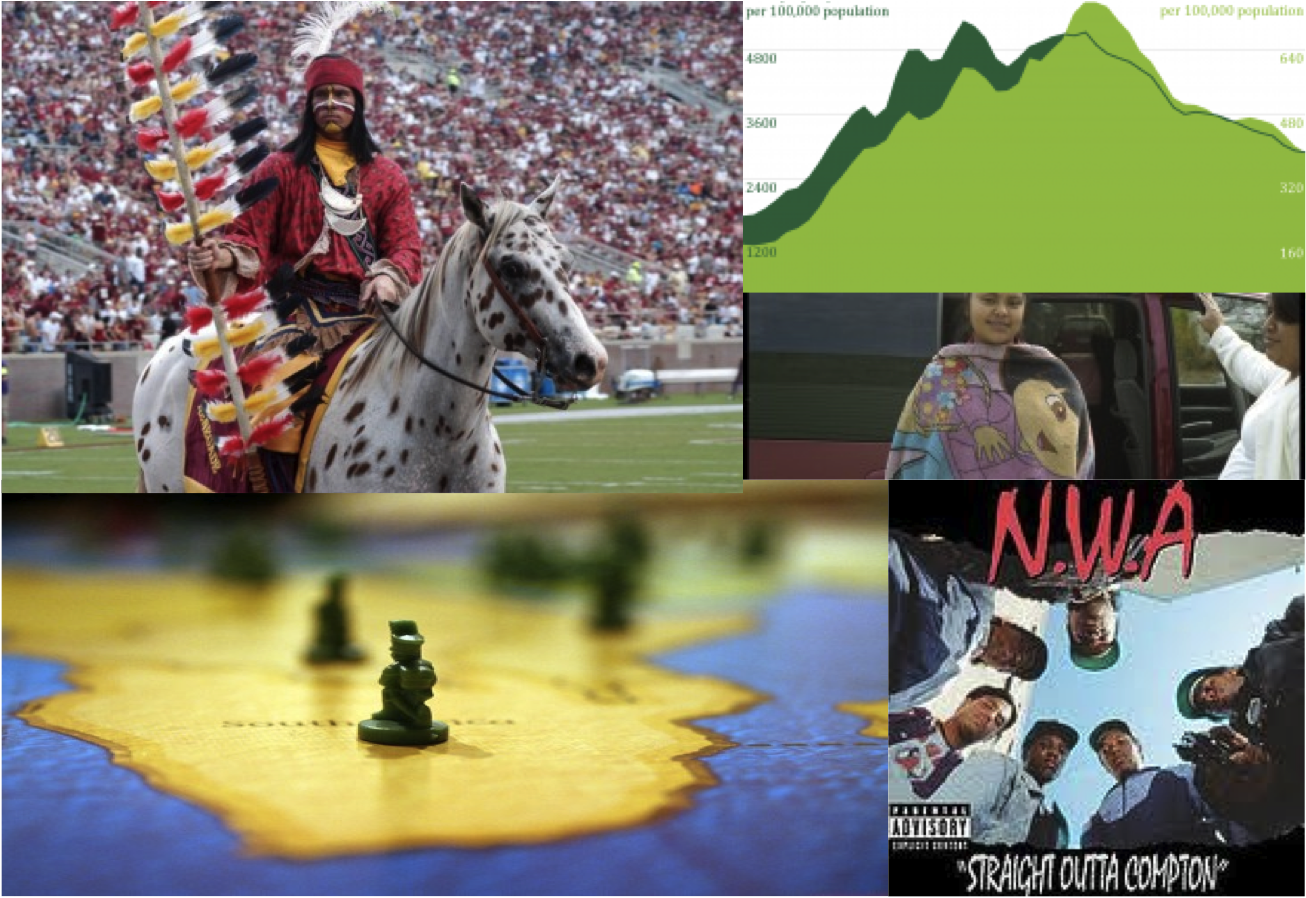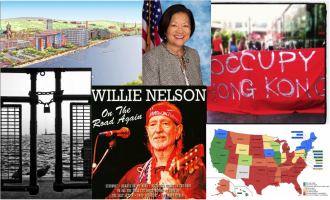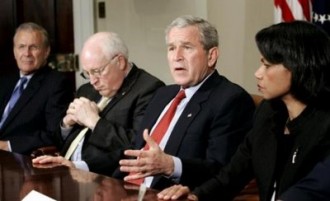Over the past week—when not sitting in meetings, prepping for tomorrow’s classes, or trying to squeeze in some research—I’ve been trying to think through the NBA “family’s” self-celebrated claims of having made history on Tuesday with the lifetime ban of Clipper’s owner Donald Sterling. And once again, just like last week, I’m feeling torn.
Don’t get me wrong. I think the league did the right thing in coming down so hard on Sterling. I’m even more impressed, in retrospect, with how quickly and decisively they did it. I was also impressed by the way that players came together in expressing their views and pushing for action. In fact, although I’d have to hear more about it to say whether the threat of a walkout was decisive or not as Dave Zirin has suggested, I do think the collective unity and coordinated action of the players is an aspect of the story that may prove historic.
But some of the self-congratulations just went a little too far for me. Kevin Johnson‘s comparison of the incident to Tommie Smith and John Carlos’s 1968 clenched fist salute on Olympic victory stand in Mexico City is probably most egregious in this respect. more...

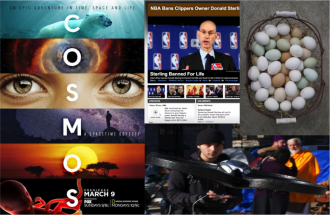
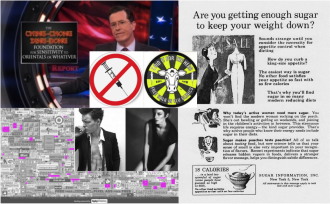
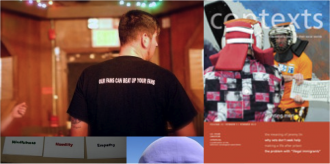
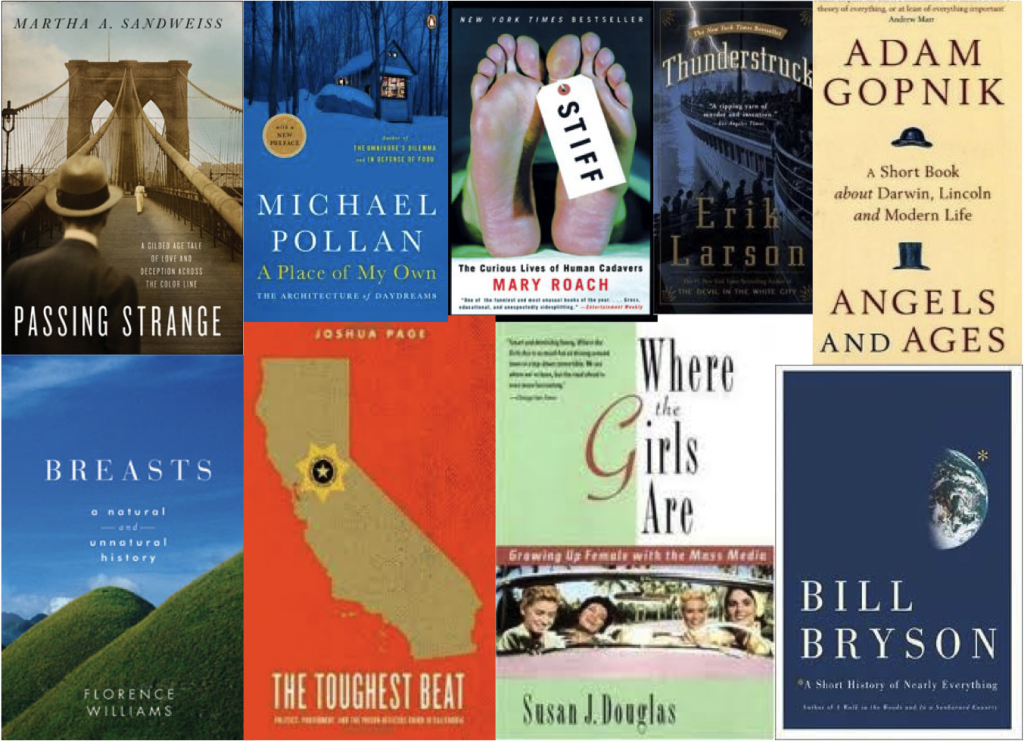 Read Widely
Read Widely
